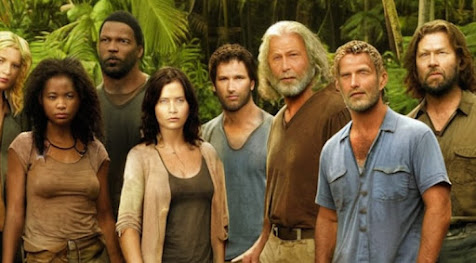How Do You Start Writing A Book?

Most of us dive right in with an idea we feel is the most compelling to begin a story. We will often think of a scenario, a concept, or perhaps just a sentence that could draw the attention of a potential reader. We might then make it to a chapter or two before we inevitably run out of steam and wonder where this piece of writing is headed. You may feel tempted to keep writing without any kind of a plan. Sometimes that seems like the right thing to do because we feel so good about the new reality we are creating. We get so pumped we cannot imagine that this good feeling will ever stop. Or, on some level, we know it will end but we don’t care, because this moment of surety and clarity is so powerful, all engrossing, sweet, and satisfying. But how do you sustain your enthusiasm for writing when this feeling goes away? First of all, you need to decide what you’re writing. A short story? Something longer? Perhaps an entire novel? Sure, write when you are inspired. Fill the pag...



